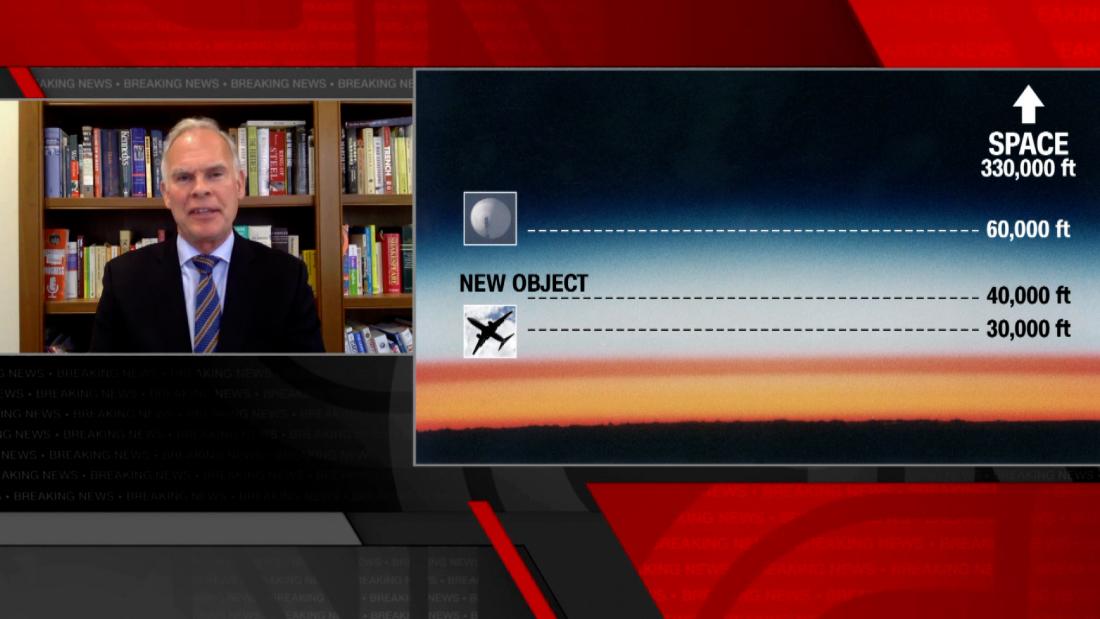California Supreme Court Sets Precedent By Upholding Death Sentence
A California Supreme Court decision ruled that unanimity and reasonable doubt concepts do not apply to the death penalty phase of sentencing.
The California Supreme Court upheld a death sentence Thursday that establishes precedent about whether jury unanimity and reasonable doubt standards are intertwined in California sentencing law, reports the Courthouse News Service. The affirmation of the death penalty is for Don’te McDaniel, who along with his co-defendant Kai Harris were convicted of two gang-related murders in 2008.
In the initial trial, the jury deadlocked over whether the death penalty was warranted. Later, the court impaneled a new jury during the sentencing phase and unanimously found the death penalty was warranted after four days of deliberation. In California, death sentences are automatically appealed to the state supreme court and in this case, McDaniel’s attorneys argued the deadlocked jury indicated both a lack of unanimity and some reasonable doubt issues that the court was required to consider. “The authorities cited by McDaniel and amici suggest that the ultimate penalty determination is entirely within the discretion of the jury, without any preference for either of the two available punishments, not necessarily that the jury may choose the death penalty only if it believes the punishment is warranted beyond a reasonable doubt,” wrote Justice Goodwin Liu on behalf of the unanimous court. California currently has 703 death row inmates, and a decision in McDaniel’s favor would have cast doubt on the constitutionality of at least some if not all of their sentences.

 Landwebs
Landwebs 

























